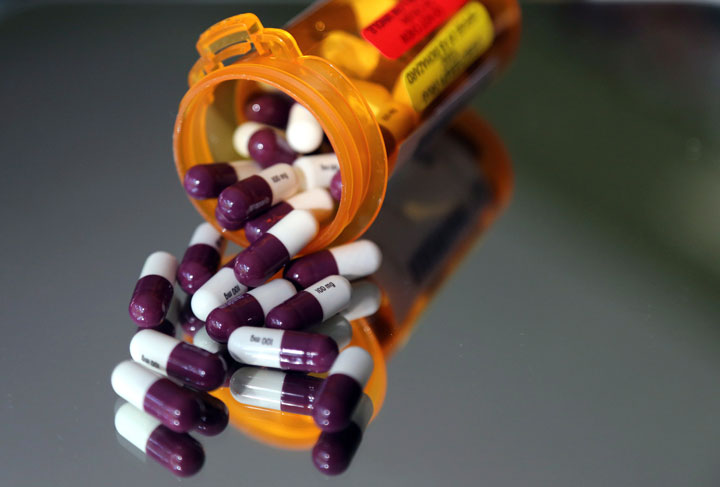Canadians overwhelmingly support a national pharmacare program, according to a new poll commissioned by Heart & Stroke and the Canadian Federation of Nurses Unions.

Almost nine in 10 Canadians agree that Canada should have a national pharmacare program that would provide equal access to prescription medicines for everyone, according to the poll.
“I think it just makes sense to Canadians,” said Manuel Arango, director of policy advocacy and engagement for Heart & Stroke. “I think Canadians, because they love our universal health care system, it can make sense for them that we also have drugs covered under that system.”
The poll, which was conducted in August by Environics Research and surveyed 1,500 Canadians online, also asked about drug affordability.
It found that 16 per cent of respondents said they had no drug coverage whatsoever, neither from an employer nor some kind of government plan. Around one-fifth of respondents said they had trouble paying for their prescriptions. One quarter said someone in their household decided not to fill or renew a prescription, or took measures like cutting up their pills, to make their prescription last longer — all to save money at the pharmacy.
“Those were quite surprising numbers,” Arango said. “Certainly if you don’t have coverage through an employer, you’re going to be a little bit more challenged.”
WATCH: Expert panel recommends universal, single-payer public pharmacare

Many women don’t have the same kind of health benefits as men, or rely on a spouse’s coverage, he said, which can cause issues if the couple separates. The final report of the Advisory Council on the Implementation of National Pharmacare, published in June, noted that people who are more likely to work in contract or part-time positions — as women are — are also less likely to have drug coverage.
Indigenous people and people with multiple chronic conditions also sometimes have trouble taking their medication as directed due to the costs, he said.

Get daily National news
“When you get multiple conditions, then the drugs get very expensive and those people are disadvantaged, and they would benefit from a national pharmacare system.”
WATCH: NDP leader Jagmeet Singh announces ‘universal’ pharmacare plan

Heart & Stroke and the CFNU have long advocated for a national pharmacare program. Other medical professionals support it too. Just before the election, 1,332 of them signed an open letter asking for the federal parties to make pharmacare an election issue.
So far, pharmacare has made it into election announcements. On Monday, the Liberals announced that they would introduce a national pharmacare program if elected. The announcement did not, however, say exactly what the program might cost or exactly when it would happen.
The NDP has pledged to spend $10 billion a year to ensure that all necessary medication and medical devices are free at the point of care starting in 2020. In its platform, the Green Party pledged support for universal pharmacare.
The Conservatives have not announced their plan for prescription drug coverage, though in a news release Monday, they criticized the Liberal approach for leaving “the door wide open to banning employer drug coverage.”
Heart & Stroke plans to keep pushing to keep politicians talking about pharmacare.
“We know that the most frequently prescribed drugs are cardiovascular drugs,” Arango said. “So for us and for those people that we represent and that are supporting our organization, we know that universal health coverage will help them significantly. So it’s about helping people that live with heart disease and stroke.”
Environics Research conducted this online poll of 1,500 adult Canadians aged 18 and older between Aug. 8 and 16, 2019. The margin of error is plus or minus 2.6 percentage points, 19 times out of 20.
—With files from the Canadian Press


Comments